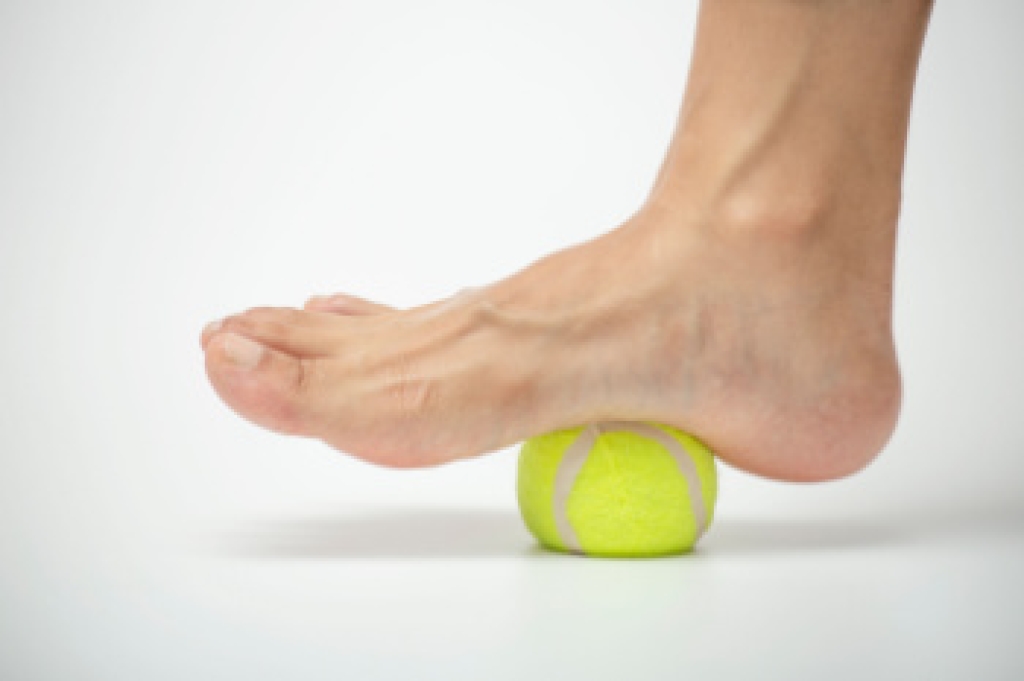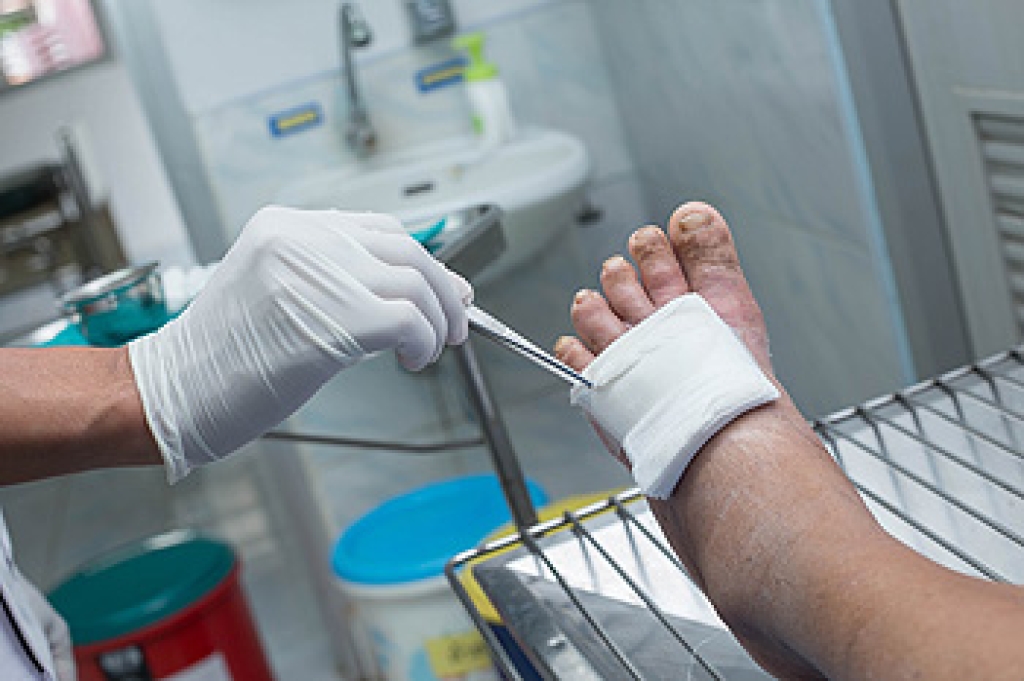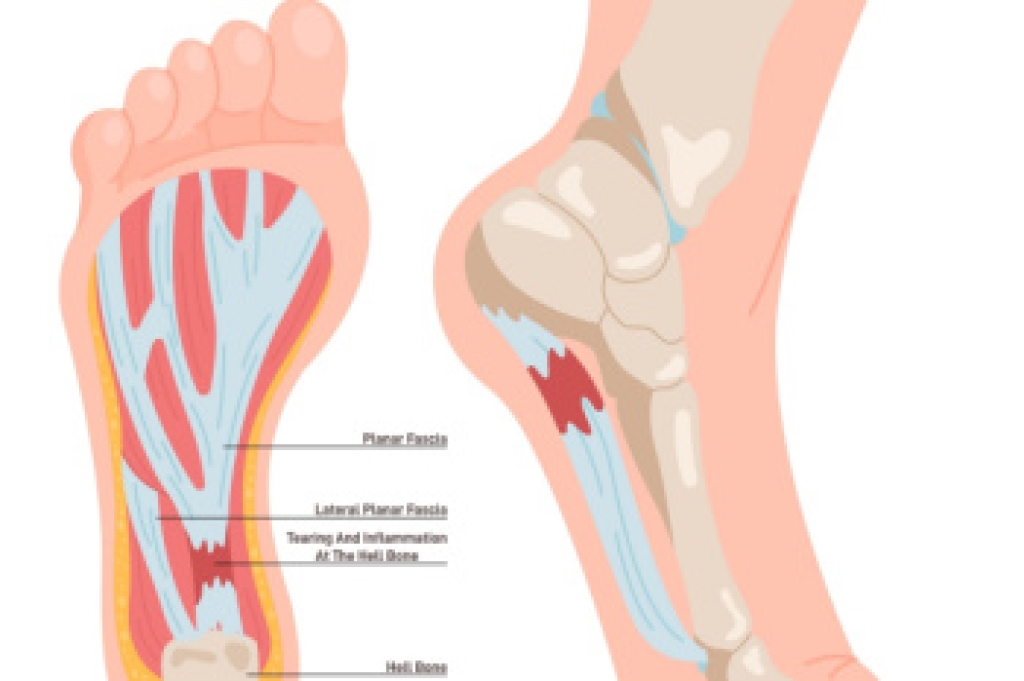
Foot myofascial release is a technique designed to relieve tension within the myofascia, which is connective tissue that supports the muscles and structures of the foot. This method can be performed by rolling the sole of the foot over a tennis ball while applying comfortable pressure. The movement helps mobilize toe joints, hydrate connective tissue, and stimulate nerve endings that support proper function. Regular practice may reduce stiffness, improve circulation, and enhance overall balance by promoting better foot mobility and stability. It can also ease discomfort associated with prolonged standing or activity. A podiatrist can demonstrate proper technique and evaluate underlying concerns. If you have foot pain, it is suggested that you consult a podiatrist who can determine the type of treatment you need, which may include stretches.
Stretching the feet is a great way to prevent injuries. If you have any concerns with your feet consult with Gary Saphire, DPM from Parkway Podiatry. Our doctor will assess your condition and provide you with quality foot and ankle treatment.
Stretching the Feet
Stretching the muscles in the foot is an important part in any physical activity. Feet that are tight can lead to less flexibility and make you more prone to injury. One of the most common forms of foot pain, plantar fasciitis, can be stretched out to help ease the pain. Stretching can not only ease pain from plantar fasciitis but also prevent it as well. However, it is important to see a podiatrist first if stretching is right for you. Podiatrists can also recommend other ways to stretch your feet. Once you know whether stretching is right for you, here are some excellent stretches you can do.
- Using a foam roller or any cylindrical object (a water bottle or soda can will do), roll the object under your foot back and forth. You should also exert pressure on the object. Be sure to do this to both feet for a minute. Do this exercise three times each.
- Similar to the previous one, take a ball, such as a tennis ball, and roll it under your foot while seated and exert pressure on it.
- Grab a resistance band or towel and take a seat. If you are using a towel, fold it length wise. Next put either one between the ball of your foot and heel and pull with both hands on each side towards you. Hold this for 15 seconds and then switch feet. Do this three times for each foot.
- Finally hold your big toe while crossing one leg over the other. Pull the toe towards you and hold for 15 seconds. Once again do this three times per foot.
It is best to go easy when first stretching your foot and work your way up. If your foot starts hurting, stop exercising and ice and rest the foot. It is advised to then see a podiatrist for help.
If you have any questions please contact our office located in Brooklyn, NY . We offer the newest diagnostic and treatment technologies for all your foot and ankle needs.




